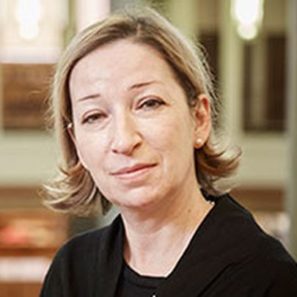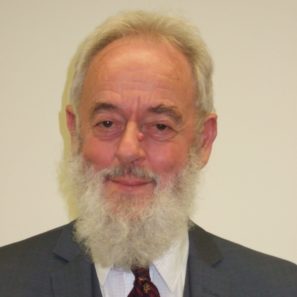Education Committee
The practice of good medicine inevitably raises both ethical and legal issues and demands an understanding of both. The General Medical Council (GMC) requires that medical ethics and law (MEL) be one of the core components of the undergraduate medical curriculum.
Knowledge of medical sciences and the development of clinical and technical skills are necessary but not sufficient. These must be balanced by, among other attributes, appropriate professional attitudes, moral awareness, the ability to reason ethically and an understanding of the relevant law.
The primary aim of the Education Committee is to promote good practice in MEL education and assessment as well as support MEL educators through an annual conference, regional communities of interest, and teaching and assessment materials.
We also organise a national annual debate competition for undergraduate medical students which has been running since 2014.
The Education Committee is currently updating the core content of learning for medical ethics and law to take account of changes in medical guidelines, law and practice since the last review which was published in 2010. We expect to publish the updated version in 2017 along with a revised and linked guide to assessment.
Given the history of the Committee, the focus to date has been on undergraduate education and training. However, our future plans include a wider focus on the continuity between undergraduate and postgraduate education and training, and the specific needs of FY doctors and post-graduate educators in relation to the development of MEL training and support.
Education Committee: history
The Education Committee grew out of the Steering Committee for the IME’s Education Project, chaired by Prof Gordon Stirrat. Its primary aim was to promote the development of the learning, teaching and assessment of medical ethics and law in UK medical schools by:
- Encouraging horizontal and vertical integration of these subjects within the curriculum and the use of a variety of teaching and learning methods.
- Promoting the integration of theoretical and clinical ethics and law.
- Identifying and disseminating good practice and encouraging cooperation between medical schools.
In 2010, the Education Project was responsible for publishing an updated version of the 1998 consensus statement on the core undergraduate curriculum for medical ethics and law (renamed the core content of learning).
In 2013 it produced a guide to assessing the core content of learning for medical ethics and law.

Dr Ruth Bromley

Lorraine Corfield
Dr Zuzana Deans

Dr Kieran Doran

Carwyn Hooper
Chair | Trustee
Dr Joshua Parker

Georgia Testa

Michael Trimble

Rev Bryan Vernon

Prof Pirashanthie Vivekanada-Schmidt

